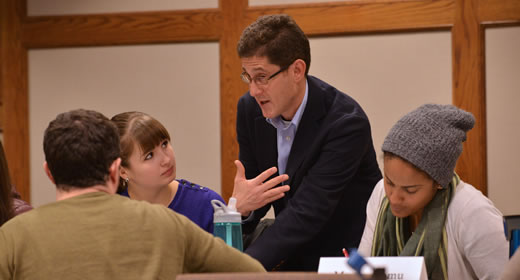
Brian Jacob is cited in a new Chalkbeat article, “Beyond the test score race: Five big questions researchers are asking about charter schools.”
While many researchers with an interest in charter schools focus on the impact these schools have had on student test scores, Jacob points out that “[a] number of new research studies are beginning to investigate some more nuanced questions with regard to charters.”
Among those questions: How do charters impact college attendance, employment, earnings, and other proxies for success? How has the charter school landscape changed over time? Why have charter schools in some states and regions been more effective than charter schools in other areas? How have charter schools impacted public education more broadly? And, importantly, why have some charter schools outperformed others?
Jacob himself has focused on this last question--one he sees as particularly valuable for designing better, smarter schools--charter schools, and traditional public schools alike. “I’d like to see more work done on how charter schools operate differently than traditional public schools,” he says. The goal? Identifying the specific policies and practices tied to successful charters, with the hope of replicating them more broadly.
Brian Jacob is the Walter H. Annenberg Professor of Public Policy at the Gerald R. Ford School of Public Policy and a professor of education and economics--all at the University of Michigan. He is co-founder and co-director of the Ford School's Education Policy Initiative, which engages in applied, policy-relevant research designed to improve educational outcomes and reduce disparities.